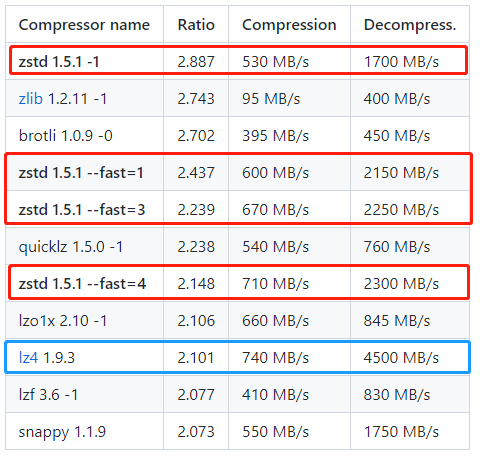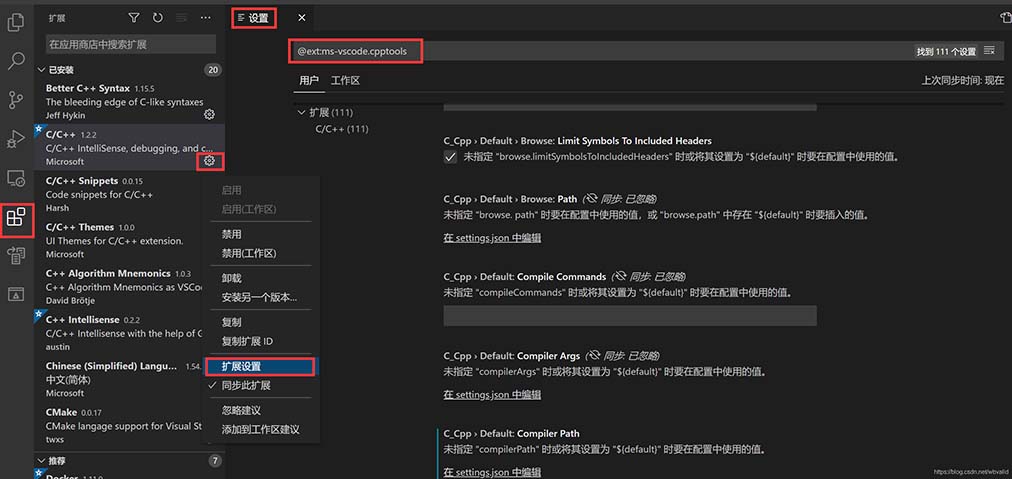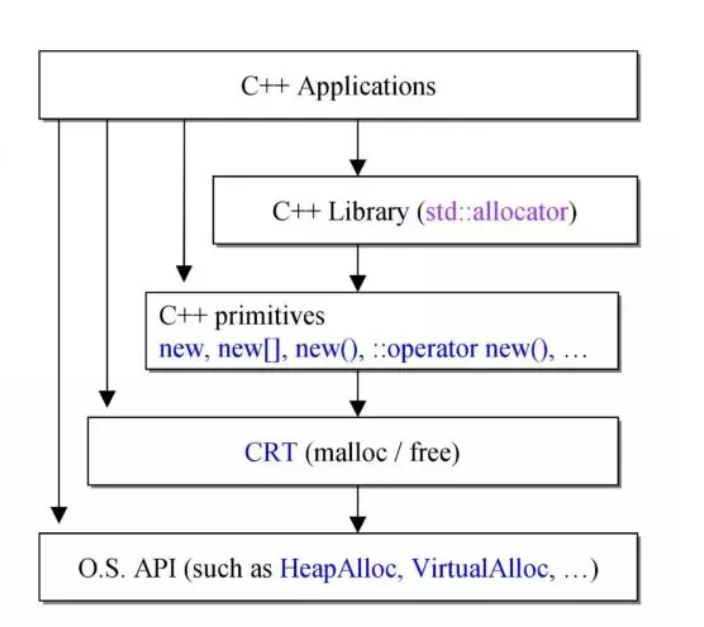Is it better in C++ to pass by value or pass by constant reference?(在 C++ 中通过值传递还是通过常量引用传递更好?)
问题描述
Is it better in C++ to pass by value or pass by constant reference?
I am wondering which is better practice. I realize that pass by constant reference should provide for better performance in the program because you are not making a copy of the variable.
It used to be generally recommended best practice1 to use pass by const ref for all types, except for builtin types (char, int, double, etc.), for iterators and for function objects (lambdas, classes deriving from std::*_function).
This was especially true before the existence of move semantics. The reason is simple: if you passed by value, a copy of the object had to be made and, except for very small objects, this is always more expensive than passing a reference.
With C++11, we have gained move semantics. In a nutshell, move semantics permit that, in some cases, an object can be passed "by value" without copying it. In particular, this is the case when the object that you are passing is an rvalue.
In itself, moving an object is still at least as expensive as passing by reference. However, in many cases a function will internally copy an object anyway — i.e. it will take ownership of the argument.2
In these situations we have the following (simplified) trade-off:
- We can pass the object by reference, then copy internally.
- We can pass the object by value.
"Pass by value" still causes the object to be copied, unless the object is an rvalue. In the case of an rvalue, the object can be moved instead, so that the second case is suddenly no longer "copy, then move" but "move, then (potentially) move again".
For large objects that implement proper move constructors (such as vectors, strings …), the second case is then vastly more efficient than the first. Therefore, it is recommended to use pass by value if the function takes ownership of the argument, and if the object type supports efficient moving.
A historical note:
In fact, any modern compiler should be able to figure out when passing by value is expensive, and implicitly convert the call to use a const ref if possible.
In theory. In practice, compilers can’t always change this without breaking the function’s binary interface. In some special cases (when the function is inlined) the copy will actually be elided if the compiler can figure out that the original object won’t be changed through the actions in the function.
But in general the compiler can’t determine this, and the advent of move semantics in C++ has made this optimisation much less relevant.
1 E.g. in Scott Meyers, Effective C++.
2 This is especially often true for object constructors, which may take arguments and store them internally to be part of the constructed object’s state.
这篇关于在 C++ 中通过值传递还是通过常量引用传递更好?的文章就介绍到这了,希望我们推荐的答案对大家有所帮助,也希望大家多多支持编程学习网!
本文标题为:在 C++ 中通过值传递还是通过常量引用传递更好?


- ubuntu下C/C++获取剩余内存 2023-09-18
- C语言qsort()函数的使用方法详解 2023-04-26
- C++ 数据结构超详细讲解顺序表 2023-03-25
- Easyx实现扫雷游戏 2023-02-06
- Qt计时器使用方法详解 2023-05-30
- c++ const 成员函数,返回一个 const 指针.但是返回的指针是什么类型的 const? 2022-10-11
- 我应该为我的项目使用相对包含路径,还是将包含目录放在包含路径上? 2022-10-30
- C语言详解float类型在内存中的存储方式 2023-03-27
- C语言手把手带你掌握带头双向循环链表 2023-04-03
- 详解C语言中sizeof如何在自定义函数中正常工作 2023-04-09









